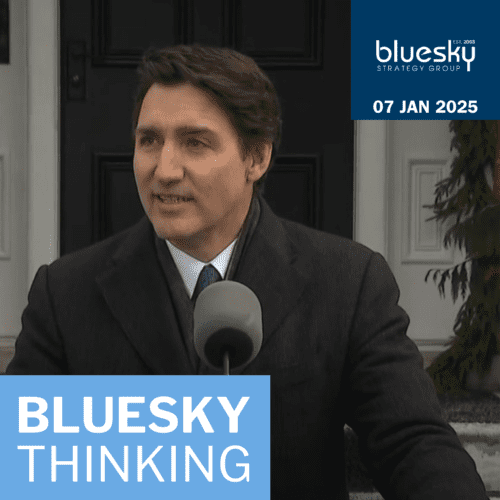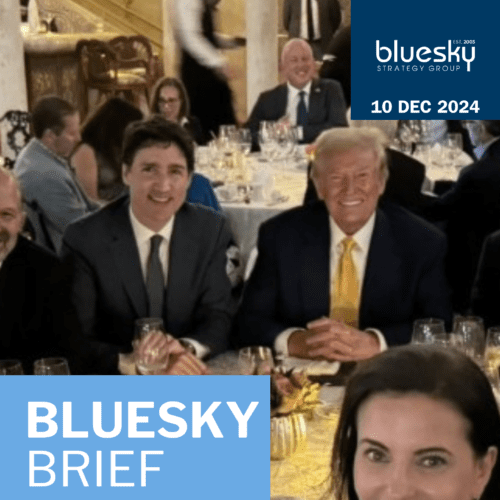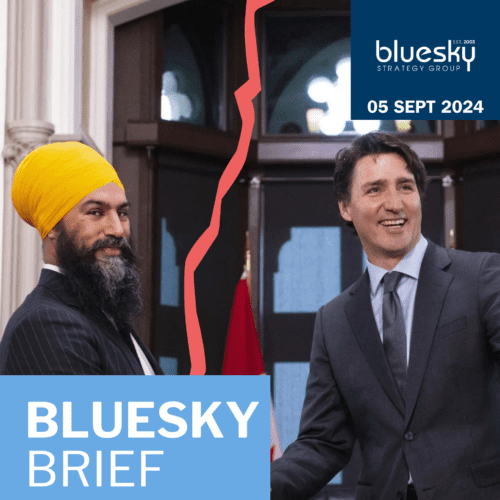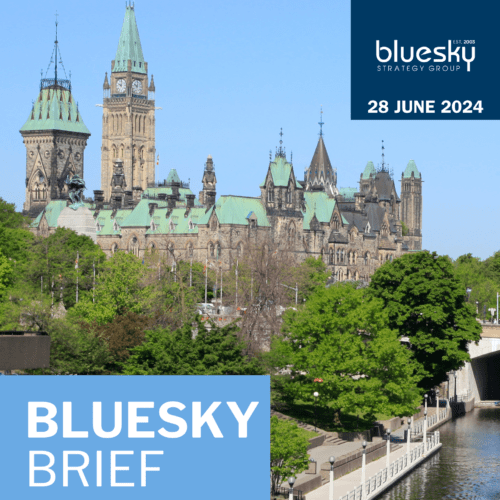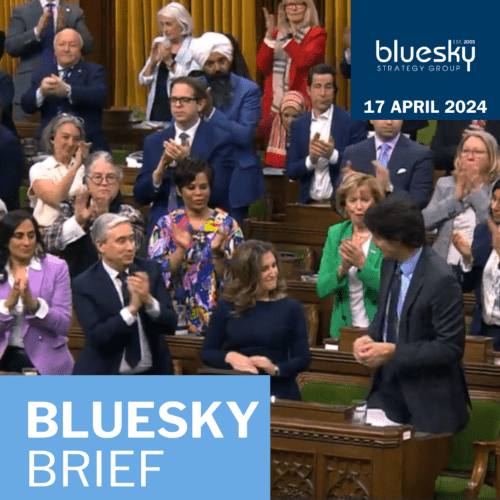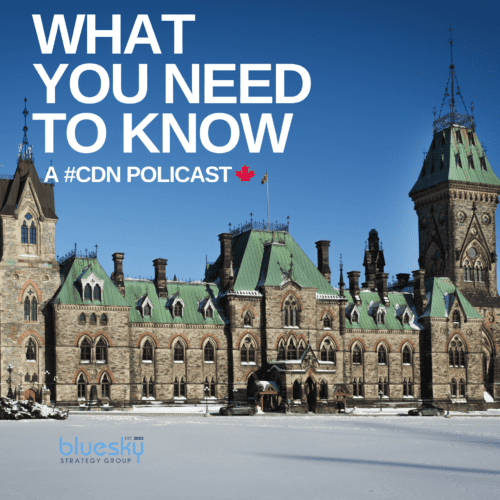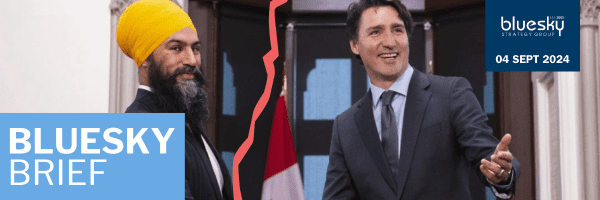
Insight from Hon. Joe Jordan, P.C., Senior Associate and Alyson Fair, Senior Consultant
With one-and-a-half weeks until MPs return from their summer break to Parliament Hill, NDP leader Jagmeet Singh announced on X (formerly Twitter) that Delivering for Canadians Now, A Supply and Confidence Agreement is no longer.

Essentially, with the end of the agreement between the Liberals and the NDP, the House will revert to the normal operations of a minority government and each party will evaluate legislation on a case-by-case basis.
The issue at play is whether the Government is now at risk of losing a confidence motion and triggering an immediate election. Historically, motions of confidence may be:
- Motions that specifically state that the “House has, or has not, confidence in the government.”
- Motions that the government has declared to be questions of confidence.
- Motions that have traditionally been viewed as confidence questions, such as a budget, vote of the Speech from the Throne, budgetary policy and the granting of Supply.
Given that the agreement is a fabricated construct (not a formal House document but rather a voluntary agreement between two parties), the announcement today is political optics. The NDP is pulling the plug on the agreement now that they were able to advance pharmacare and get housing measures, dental care, sick leave, and anti-scab legislation done. The Government still retains a certain measure of control, as it does not have to put confidence issues before the House for a vote in the short term.
With by-elections taking place in two ridings on September 16 and an election expected next year, the NDP had to decouple from the Liberals but it’s not likely that they will support the defeat of the government in the short term. Once Parliament returns, the Liberals will be very defensive in limiting confidence measures.
The real threat to the Government is a clear motion from an opposition party that expresses a loss of confidence and is supported by a majority of the MPs. The Conservatives will push confidence motions whenever they get the chance – including committees which are likely to become more troublesome for the Liberals without the automatic support of the NDP. If the NDP aim to defeat the Government, the outcome of a confidence motion would hinge on the Bloc Québecois. The Bloc is the unpredictable element in this scenario, as they will be competing with the Conservatives for seats in Quebec.

This announcement comes a week after Pierre Poilievre, Leader of the Official Opposition and the Conservative Party of Canada, challenged Singh to pull out of the deal to prompt a fall election. According to CTV reporter Rachel Aiello, this decision was made by the NDP caucus well before Poilievre’s ask and Prime Minister Trudeau was notified shortly before the video was posted.
Making an announcement in Rocky Harbour, Newfoundland and Labrador, the prime minister said, “every politician gets to choose whether they want to play politics or whether they want to serve Canadians and I certainly hope that the NDP will stay true to its fundamental values which is making sure Canadians get the support they need and keeping away the austerity, the cuts and the damage that will be been done if Conservatives get the chance.”
Before a scheduled media availability in Vancouver, Poilievre reacted on social media to the NDP’s announcement saying:

Summer 2024 was full of speculation concerning Justin Trudeau’s future as the leader of the Liberal Party. With today’s announcement by the NDP, Trudeau’s job before the next election has been solidified and the prospect of a quick election and a leadership race have been taken off the table.
When Parliament returns in 11 days, you can guarantee Team Bluesky will be watching closely to see how this all plays out.

